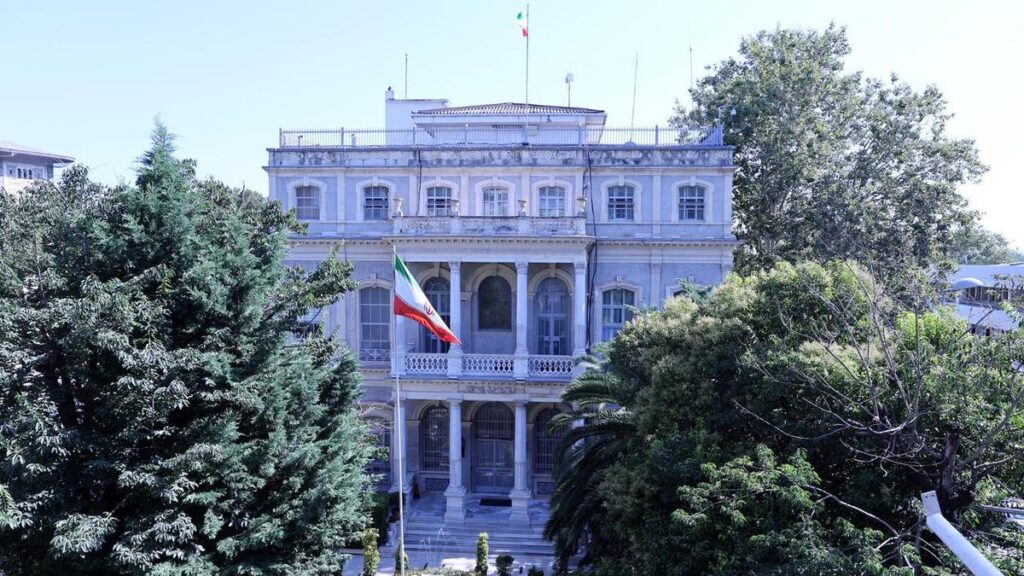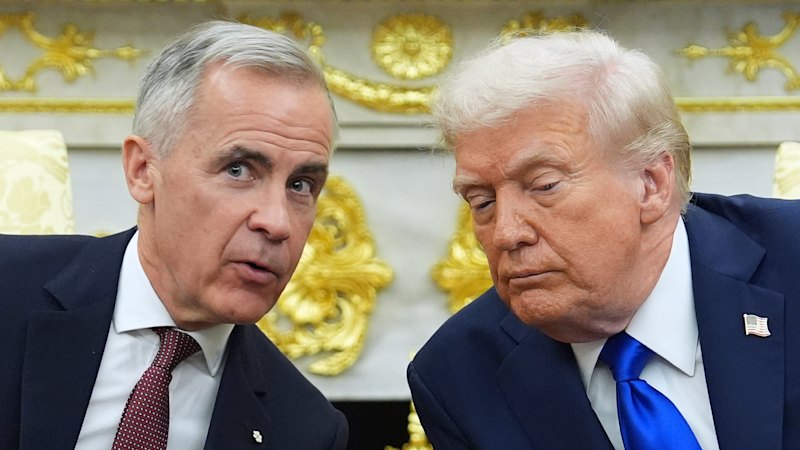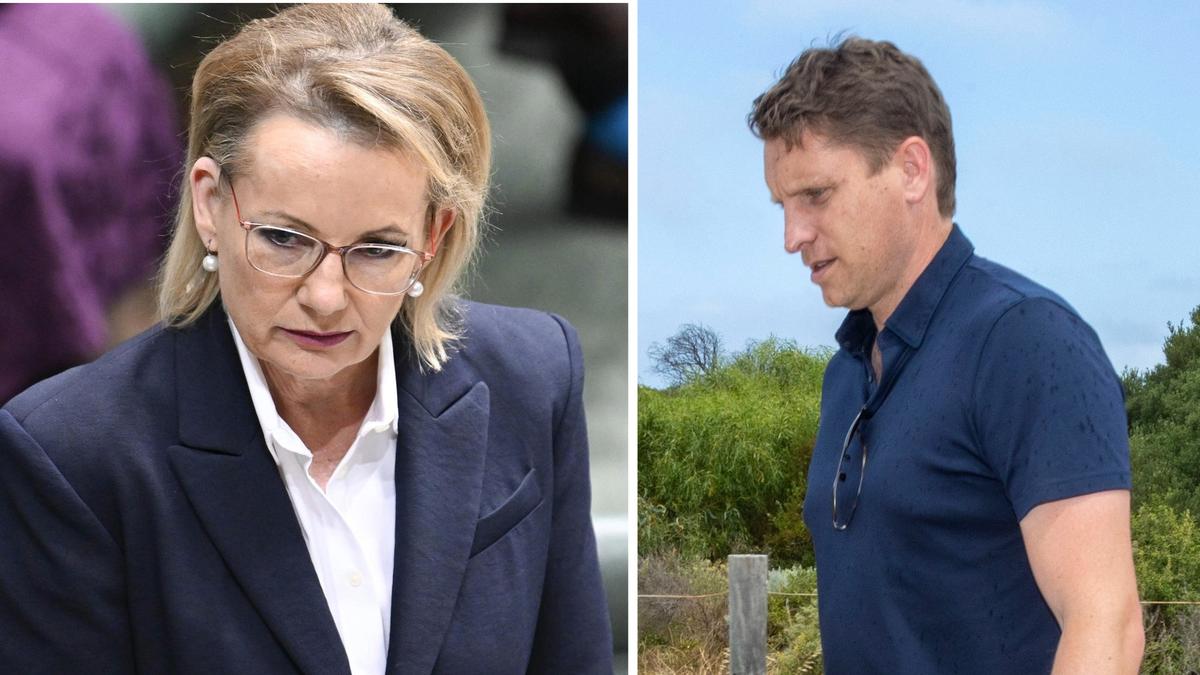
Iran has reaffirmed its commitment to continue nuclear discussions with European powers following what officials described as “serious, frank, and detailed” talks held in Istanbul. This marks the first face-to-face meeting since a series of airstrikes by Israel and the United States targeted Iranian sites last month. The negotiations involved delegations from the European Union and the E3 group, comprising France, Britain, and Germany, who convened for approximately four hours at the Iranian consulate.
The talks, characterized by Iranian Deputy Foreign Minister Kazem Gharibabadi, have opened the door to possible resumption of inspections by the International Atomic Energy Agency (IAEA). Gharibabadi noted that both parties presented specific proposals regarding sanctions relief and the nuclear issue. He stated, “While seriously criticising their stances regarding the recent war of aggression against our people, we explained our principled positions, including on the so-called snapback mechanism.” He further mentioned that consultations would continue.
The discussions occur against a backdrop of urgency, as the UN Security Council Resolution 2231, which ratifies the 2015 nuclear deal, is set to expire on October 18. Following this date, all UN sanctions on Iran are scheduled to be lifted unless the “snapback” mechanism is invoked at least 30 days in advance, which would automatically reinstigate sanctions targeting sectors such as hydrocarbons, banking, and defence.
In preparation for this deadline, the E3 have established a diplomatic timeline, aiming to revive negotiations by the end of August. Diplomats are seeking concrete actions from Iran to potentially extend the deadline by up to six months. These actions would necessitate commitments on critical issues, such as engaging in discussions with the United States, ensuring full cooperation with the IAEA, and clarifying the status of 400 kilograms of near-weapons-grade enriched uranium, which remains unaccounted for since last month’s strikes.
Before the meeting, an Iranian foreign ministry spokesperson dismissed the idea of extending UN Security Council Resolution 2231, calling it “meaningless and baseless.”
Rafael Grossi, the head of the IAEA, expressed optimism regarding the possibility of restarting nuclear inspections this year. He emphasized the importance of discussing technical details, stating, “We need to agree on where to go, how to do it. We need to listen to Iran in terms of what they consider should be the precautions to be taken.”
The United States previously engaged in five rounds of talks with Iran before the airstrikes in June, which Donald Trump claimed had “obliterated” Iran’s nuclear program. Yet, reports from NBC News indicate that while the strikes significantly damaged one of three targeted nuclear sites, the remaining two facilities were not as severely affected. Iran maintains that its nuclear program is intended solely for civilian purposes and denies any interest in developing nuclear weapons.
As the October deadline looms, the outcome of these discussions may have significant implications for regional stability and international relations.






